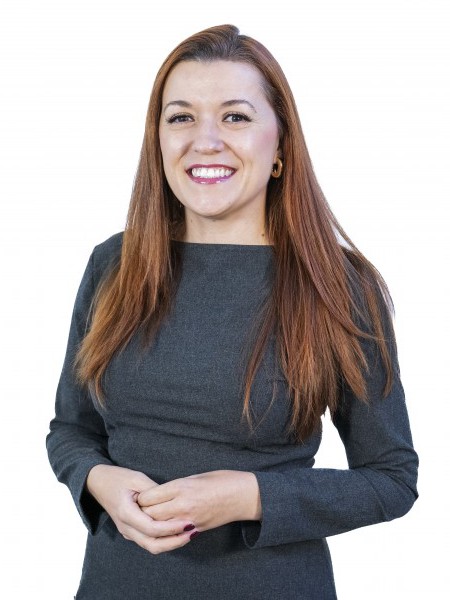resumo
Aqueous two-phase systems (ATPS) have been mainly proposed as powerful platforms for the separation and purification of high-value biomolecules. However, after more than seven decades of research, ATPS are still a major academic curiosity, without their wide acceptance and implementation by industry, leading to the question whether ATPS should be mainly considered in downstream bioprocessing. Recently, due to their versatility and expansion of the Biotechnology and Material Science fields, these systems have been investigated in novel applications, such as in cellular micropatterning and bioprinting, microencapsulation, to mimic cells conditions, among others. This perspective aims to be a reflection on the current status of ATPS as separation platforms, while overviewing their applications, strengths and limitations. Novel applications, advantages and bottlenecks of ATPS are further discussed, indicating some directions on their use to create innovative industrial processes and commercial products. (C) 2019 Elsevier B.V. All rights reserved.
palavras-chave
METAL-ION SEPARATIONS; IN-SITU EXTRACTION; BIPHASIC SYSTEMS; PROCESS INTEGRATION; PROTEIN SEPARATION; PROTEOMIC ANALYSIS; PHASE-SEPARATION; MICELLAR SYSTEMS; MIXER-SETTLER; RECOVERY
categoria
Thermodynamics; Chemistry; Engineering
autores
Pereira, JFB; Freire, MG; Coutinho, JAP
nossos autores
Grupos
G4 - Materiais Renováveis e Economia Circular
G5 - Materiais Biomiméticos, Biológicos e Vivos
Projectos
CICECO - Aveiro Institute of Materials (UID/CTM/50011/2019)
Towards the improvement of recombinant proteins bioprocessing using ionic liquids (IL2BioPro)
agradecimentos
This work was developed within the scope of the Young Researcher Project (2014/16424-7) funded by FAPESP (Sao Paulo Research Foundation Brazil). J.F.B. Pereira acknowledges financial support from CNPq (National Council for Scientific and Technological Development, Brazil) and CAPES (Coordination of Superior Level Staff Improvement, Brazil) (financial code 001). This work was also developed within the scope of the project CICECO-Aveiro Institute of Materials, POCI-01-0145-FEDER-007679 (FCT Ref. UID/CTM/50011/2019), financed by national funds through the FCT/MOTES, and Project POCI-01-0145-FEDER-030840 funded by FEDER, through COMPETE2020-Programa, Operacional Competitividade e Internacionalizacao (POCI) and through FCT/MCTES.




